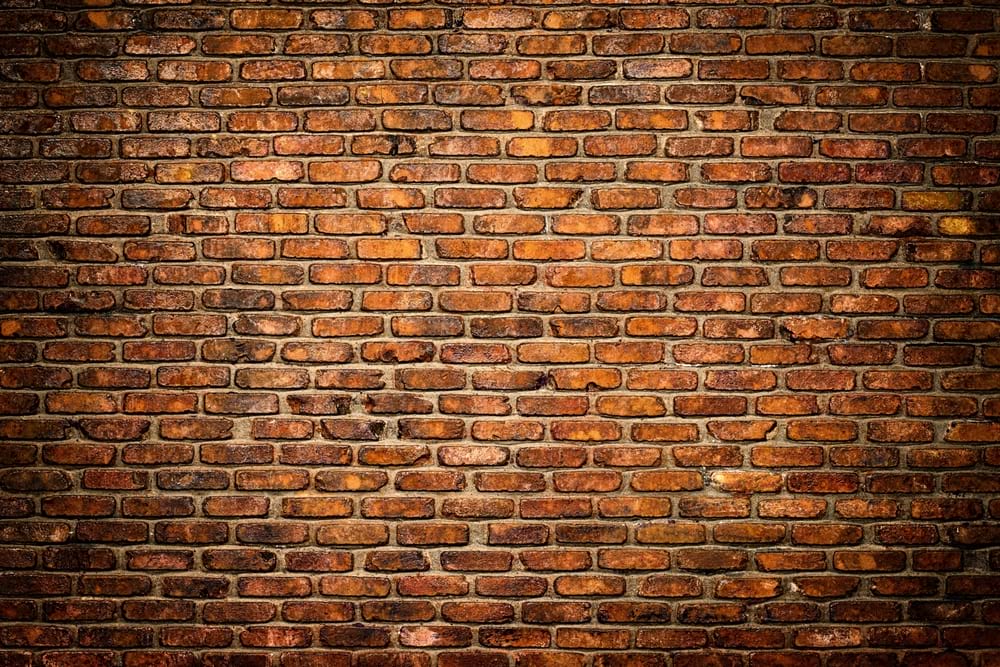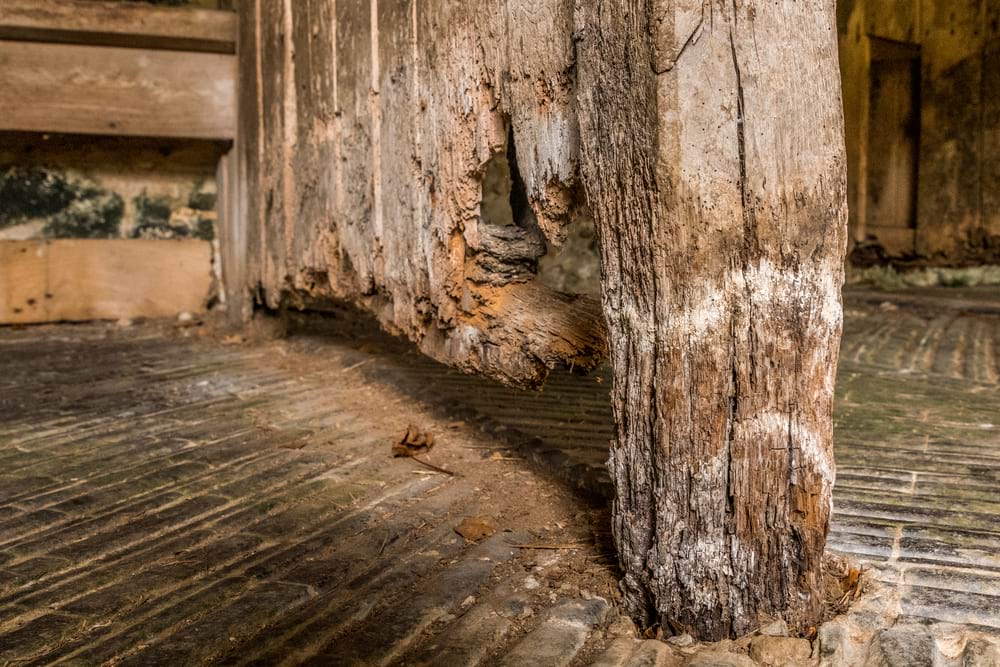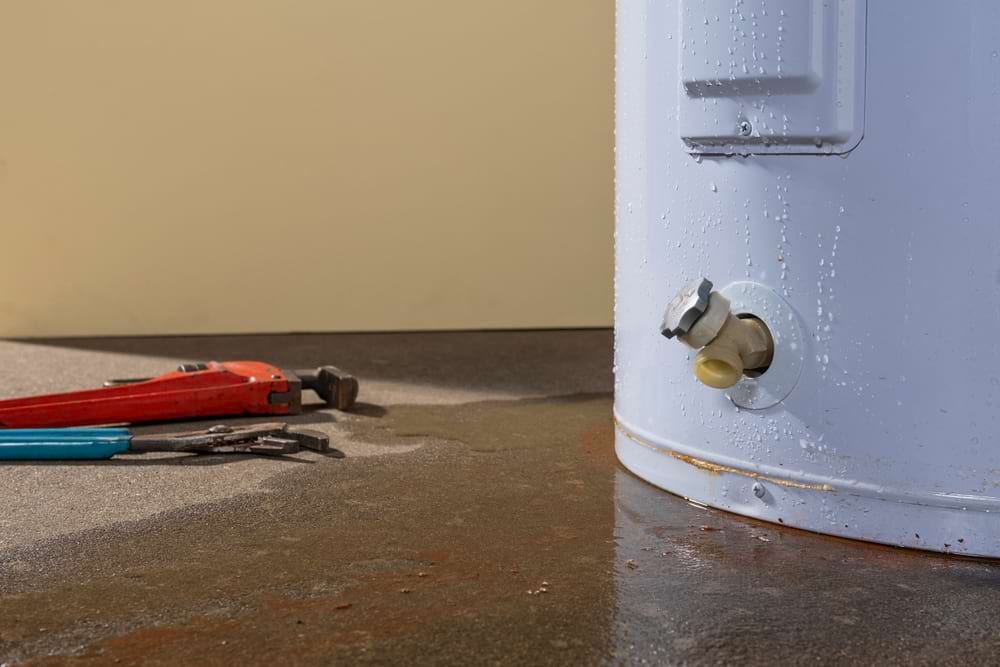Saving up for a house deposit can be difficult.
Especially now the gap between income and house prices is so wide.
This blog explains how much you need for a house deposit in the UK.
What is a house deposit?
A house deposit is a sum of money that you pay up-front when buying a house.
It can often be around 10% of the property’s value. But this may vary considerably depending on the circumstances.
Deposit + mortgage
After you’ve made your house deposit, the rest of the property value is covered by a mortgage.
These two things combined allow you to buy the house.
Is a house deposit compulsory?
Most banks state that a deposit is compulsory if you want to take out a mortgage.
It’s rare to find lenders who don’t require this. It tends only to happen if a ‘guarantor’ is responsible if the main person fails to meet repayments.
How much do you need for a house deposit?
Most banks expect a minimum deposit of 5% of the house value.
This is stated by major UK companies such as Nationwide and Lloyds Bank, amongst others.
Other banks expect this to be 10% or even 15%.
Another way of looking at this is expecting a deposit to be between 4 to 5 times your annual salary.
5% deposits
For your lender to accept a 5% deposit, they could want some form of guarantor. Or the house value may need to be relatively low.
Either way, your income must be sufficiently large to grant a mortgage for the remaining amount.
How to find out each bank’s requirements for house deposits
Mortgage brokers will usually have access to the criteria for each major lender.
So, they can guide you whether you want to work with a specific bank or simply want to find the best deal available.
When do I need to have my house deposit ready?
You pay your deposit when the exchange of contracts takes place. Your solicitor will then transfer funds to the seller’s solicitor.
But you’ll often need to show proof of funds earlier than this to the lender, to get your mortgage application approved.
Most experts suggest that you have your final deposit sorted before you start looking for a house.
This allows you to set an explicit maximum budget before any negotiations begin.
You can thus only search for houses you can afford, rather than agreeing on one that’s too expensive.
Can you take out a loan for a house deposit?
Yes, this is possible. But whether it’s an advisable strategy is another question altogether.
Bridging loans
A bridging loan is most used to achieve this.
It’s a short-term loan allowing you to ‘bridge’ the gap if the timing of your current house sale is lagging.
Some lenders will lend up to 25% of the property value as an equity loan.
This can be used towards the deposit. Just be aware that not all lenders offer this.
Government initiatives
There are other government initiatives that make it easier for you to make a deposit on a house.
Shared ownership is one example, and the First Homes scheme is another.
Family support
In rare cases, you could ask a family member to lend you money privately.
You should get your agreement in writing to protect everyone involved. Note that some family members may ask for a share in your home in exchange for this.



















